(Getty/AlexStar)
In a surprising move, a California District Court struck down the state’s assisted suicide law on May 15. The judge ruled that the law, originally passed in 2016, had been passed improperly.
Originally, the law had failed to pass in a regular session of the California legislature, but was later passed in a subsequent special session. This special session had been called by Governor Jerry Brown to specifically address Medi-Cal funding. Judge Daniel Ottolia ruled that legislation concerning assisted suicide was outside of the scope of the special session, despite the broad boiler-plate language about “improving the health of Californians” in Governor Brown’s proclamation calling the special session.
The California Attorney General’s Office has five days from the ruling to file an immediate appeal to try and keep the law in place, and it will surely do so. Even if that appeal is unsuccessful, this might only be a temporary stop to assisted suicide in California. Polls do indicate widespread support for assisted suicide in California, so even if this law is permanently struck down, a new one will put forward.
Assisted suicide is only an aspect of the broader culture of death. In the culture of death people are devalued when they are sick or non-productive, and death is considered a healthy option that is an improvement over life. Instead of valuing and cherishing the gift of life, the culture of death creates perverse incentives to end life and the legal framework to do so. This culture, assisted suicide included, is an afront to the dignity of the human person.
However, the proponents of assisted suicide say that it is a dignified way to avoid unnecessary suffering. This viewpoint fails to recognize that suffering is a part of our fallen humanity—it is unavoidable. While certainly not easy, we can embrace suffering and its redemptive aspects, which will bring us closer to Our Lord in His suffering. We were created to share in the blessed life of God, who Himself suffered because of us. To avoid suffering is to avoid sharing in that blessed life and growing in the relationship we were created to be in.
Despite the welcome relief brought by this ruling, the “progress” of our culture is bleak. We must always have hope and trust in Our Lord. Allowing ourselves to grow closer to Him and abide in Him is the first step towards a culture of life. It is then that we can work to build the legal frameworks and communities that are centered in Christ. Please continue to join us in putting Our Lord first and working with us in our mission to build a Christ-centered community that is building a culture of life in health care.
